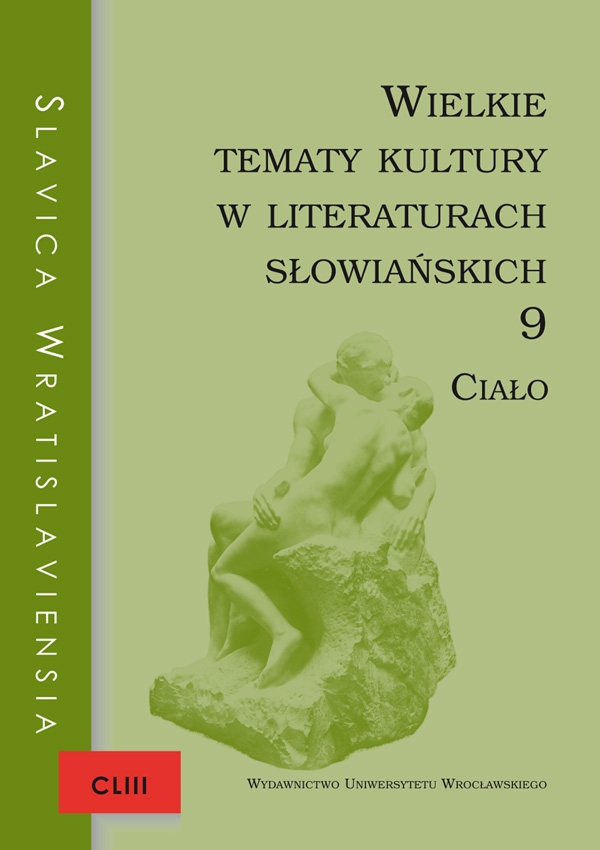

Artykuły

Everlasting benefit of the mortal body in 17th-century’s reflection of Orthodox Preachers in Polish-Lithuanian Commonwealth
The text deals with the attitudes towards the body and the soul in the Ruthenian Orthodox homiliary literature in the 17th century. In some sermons one can read that people are more perfect God’s creatures than angels which have no opportunity to come back to God after their fall at the beginning of the time. Preachers emphasized many advantages of having material body, the main being:
— the body is not as precious as the soul but just because of the body, human being is able
to do penance, do merciful deeds towards the poor, orphans, widows, sick people; can sacrifice
sufferings for the sins;
— weakness and mortality of the body help people to remember that they should make efforts
to achieve future joy;
— human nature is not tended to evil nor is the body, and the bodily death we cannot avoid
is the only way to leave worldliness and reach better life in eternity.
It is a very optimistic way of thinking about the body and the soul and it seems to have its
source in the Church fathers’ teachings.